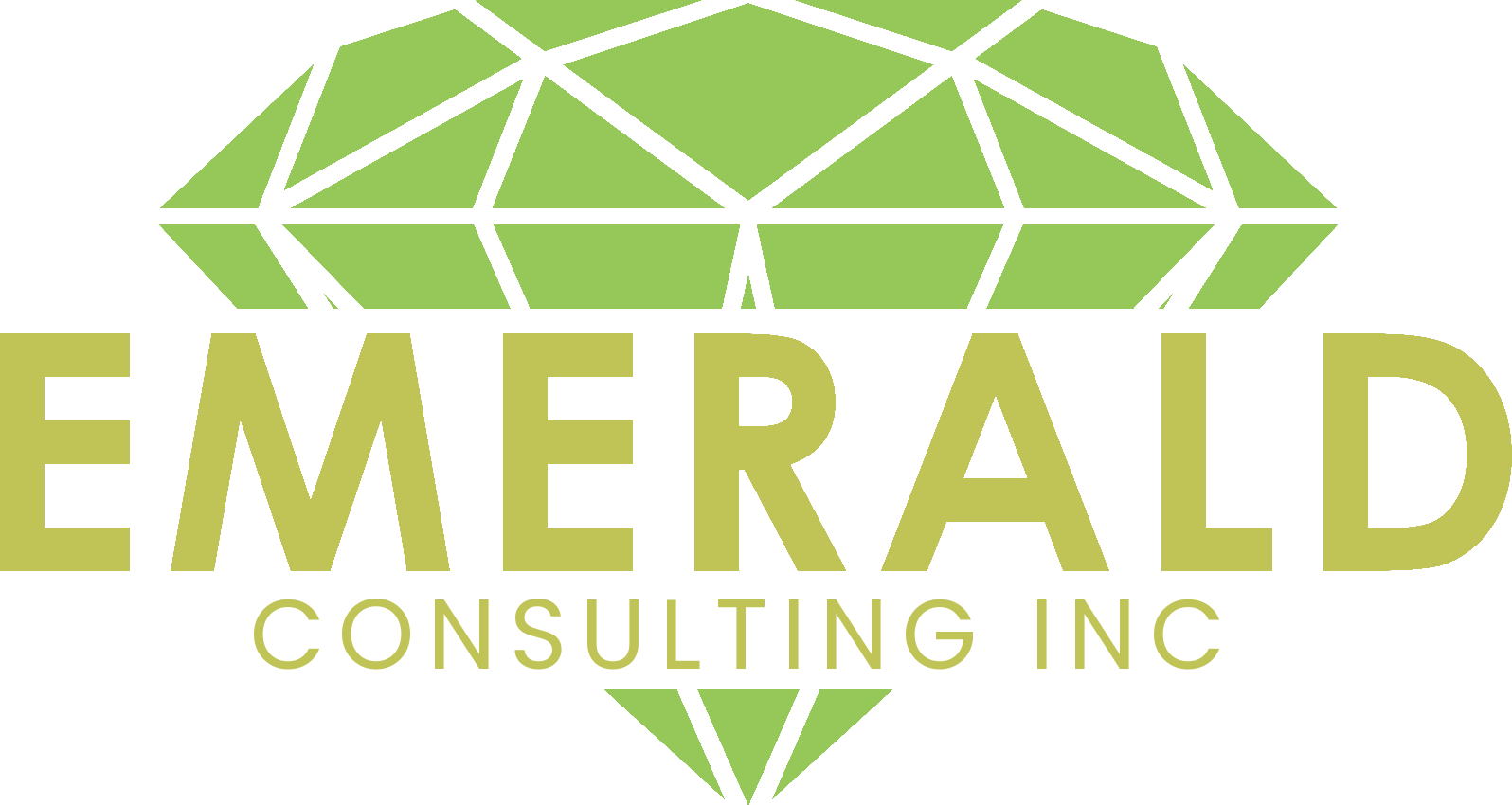South Dakota tribe begins medical marijuana sales as law goes into effect. Here’s how it went
A tribal-owned dispensary is the first organization in South Dakota to capitalize on the legal cannabis industry since voters legalized medical marijuana last fall.
Using a tribal-issued medical marijuana ID card, Jonathan Schrader, Sr. of Flandreau became the first retail cannabis customer in South Dakota in decades when he bought three marijuana cigarettes for $30 from the Native Nations Cannabis Dispensary on the Santee Sioux Reservation.
“I lost my daughter, so I use it for anxiety and depression,” he told the Argus Leader while being rung up by cashiers conducting the transaction.
Marijuana laws:Is marijuana legal in South Dakota after July 1? Here’s what to know about laws, medical dispensaries and more
Behind him came a veteran from Yankton, a waitress from Brookings County and a couple from Minnesota, each one leaving with their pick of marijuana products like waxes, tinctures, and concentrates and oil cartridges.
But there’s still some uncertainty of whether those folks, not all enrolled members of the Santee Sioux Tribe, were at risk of being arrested when they left the dispensary by the law enforcement that patrolled along the highway that borders the tribe’s reservation and the lot the dispensary sits on.
The tribe requires each customer to first obtain a medical marijuana ID card through its medical marijuana program, which is independent of the program the South Dakota Department of Health is working to stand up.
Noem on marijuana: Tribal-issued medical marijuana cards won’t protect everyone from arrest
The tribe’s program is also separate and not bound by the voter-approve Initiated Measure 26, which took effect Thursday and provides for “nonresident cards” from other jurisdictions be used to prevent arrest and prosecution for possessing and cultivating small amounts of cannabis.
However, Gov. Kristi Noem’s office announced Wednesday that state troopers wouldn’t acknowledge tribal-issued marijuana ID cards necessary to purchase at the dispensary unless they’re owned by an enrolled tribal member.
But the tribe is countering that all of its customers Thursday and beyond are legal to possess marijuana and aren’t subject to arrest if they possess 3 ounces of marijuana or less.
More:Authorities easing up enforcement of low-level pot crimes as medical marijuana law takes effect
And Santee Sioux Attorney General Seth Pearman said the tribe is prepared to back that up by supporting any non-tribal member with a valid medical marijuana ID card arrested for marijuana charges when leaving the reservation.
“That is a fight we will back,” he said.
In hopes that friction with non-tribal governments can be avoided, tribal elders, tribal council members and executives heading Native Nations Cannabis held a ribbon cutting and prayed in song and spoken word. They also smudged themselves and attendees, a native American ritual meant to bring blessings and positivity.
Tribe president Tony Reider said his members are relieved to see a vision of creating jobs and economic activity on the reservation come to fruition.
And because South Dakota voters in November passed ballot measures legalizing cannabis medically and recreationally – the latter is pending a court challenge before taking effect – the tribe now feels supported by the state.
Watch:What to know about medical marijuana after it’s legalized on July 1
“That’s a big step, and not just to smoke cannabis and get high,” he said. “That’s what a lot of people know about cannabis. But the medical benefit that it does provide for people … that’s one of the main reasons because we want something better and natural for our people.”
“Hopefully this provides a long-lasting effect for many generations to come and can help us with different ailments and economic opportunities,” he added

 Joe Sneve
Joe Sneve